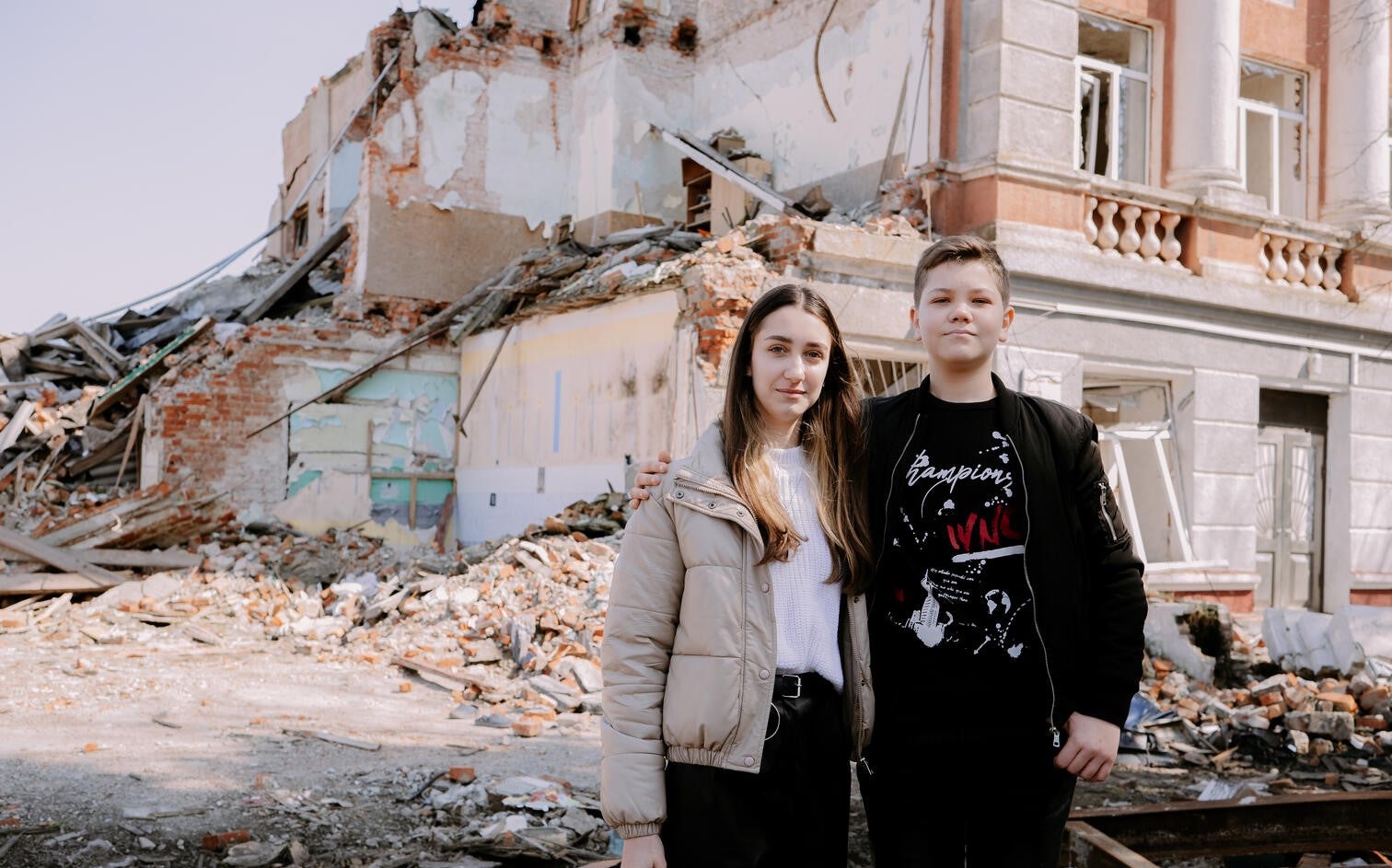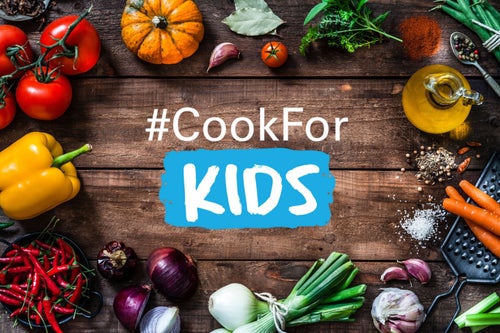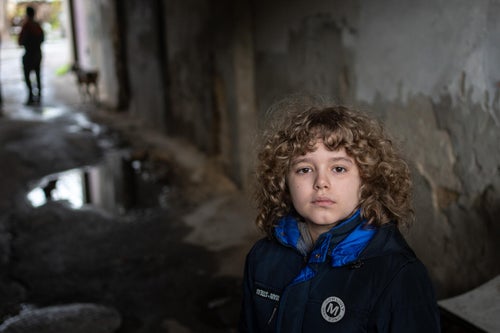Why is there a war in Ukraine?
Ukraine and Russia share a long and complicated history. For about 70 years, Ukraine was part of the Soviet Union, which Russia controlled. In 1991, the Soviet Union fell apart, and Ukraine became an independent country.
Many Russians think Ukraine should still be part of Russia, but most Ukrainians want to stay independent. Ukraine also wants to join the North Atlantic Treaty Organisation (NATO). This group includes countries like the United States, the United Kingdom, and France, who all promised to protect one another. Russia sees NATO as a threat and doesn't want it near Eastern Europe.
Since 2014, tensions between Ukraine and Russia have been high. Sadly, this got worse in February 2022 when Russian troops entered Ukraine to try and take back control, and the two countries have been at war since.
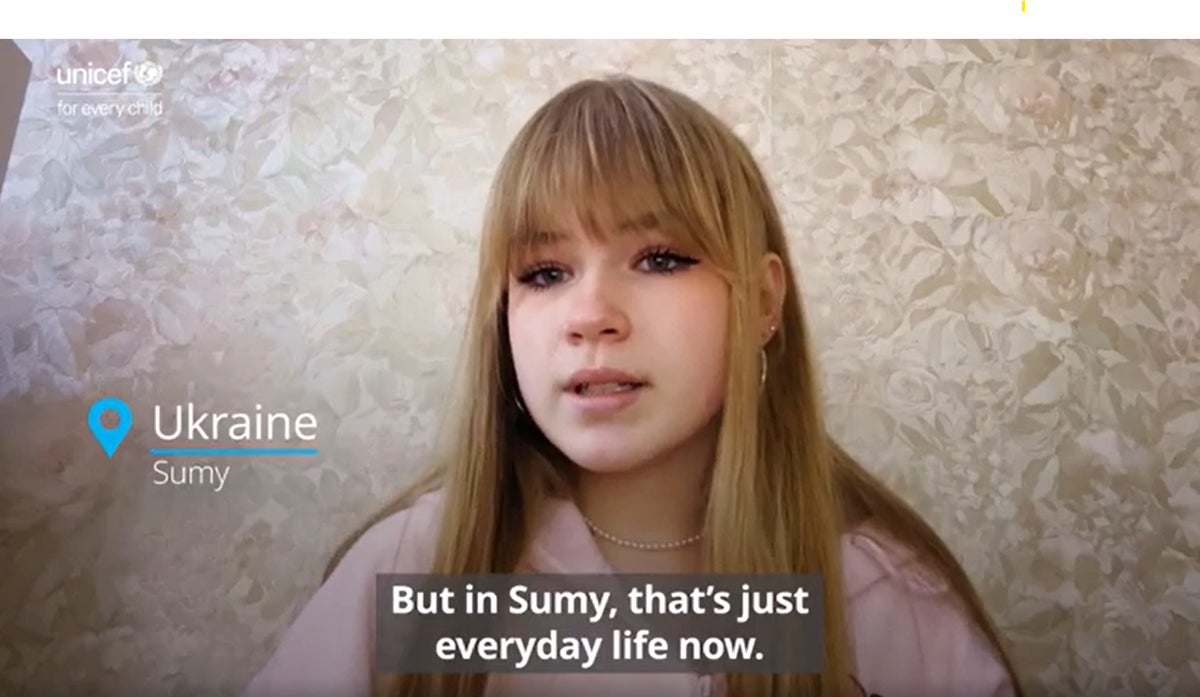
Growing up in Ukraine amid war
What happened between Russia and Ukraine in 2014?
Crimea, a peninsula on the southern coast of Ukraine, is very important to both Ukraine and Russia because of its location in the Black Sea and highly valuable offshore oil and gas resources. The region also holds cultural and historical importance for both countries.
In 2014, after Ukraine’s pro-Russian president was forced out after mass protests, during the chaos, Russia seized control of Crimea. Russia held a vote in Crimea and said most people wanted to join Russia, but many countries said the vote wasn’t fair or legal. On 18 March 2014, Russia officially declared Crimea part of its territory. However, Ukraine, and most of the world, still believe Crimea is part of Ukraine.
What has happened during the war in Ukraine since 2022?
On 24 February 2022, life suddenly changed for the people of Ukraine. Millions of women and children fled across the border into neighbouring countries, triggering a mass displacement on a scale and speed not seen since World War II. By the end of 2023, over 6.3 million people fled the country and about 3.7 million people were displaced from their homes inside Ukraine.
Everyone thought the war would end quickly, but now, in its third year, the impact of the war has devastated families. With ongoing fighting and destruction, many children have lost loved ones, their homes, schools and safe places to play.
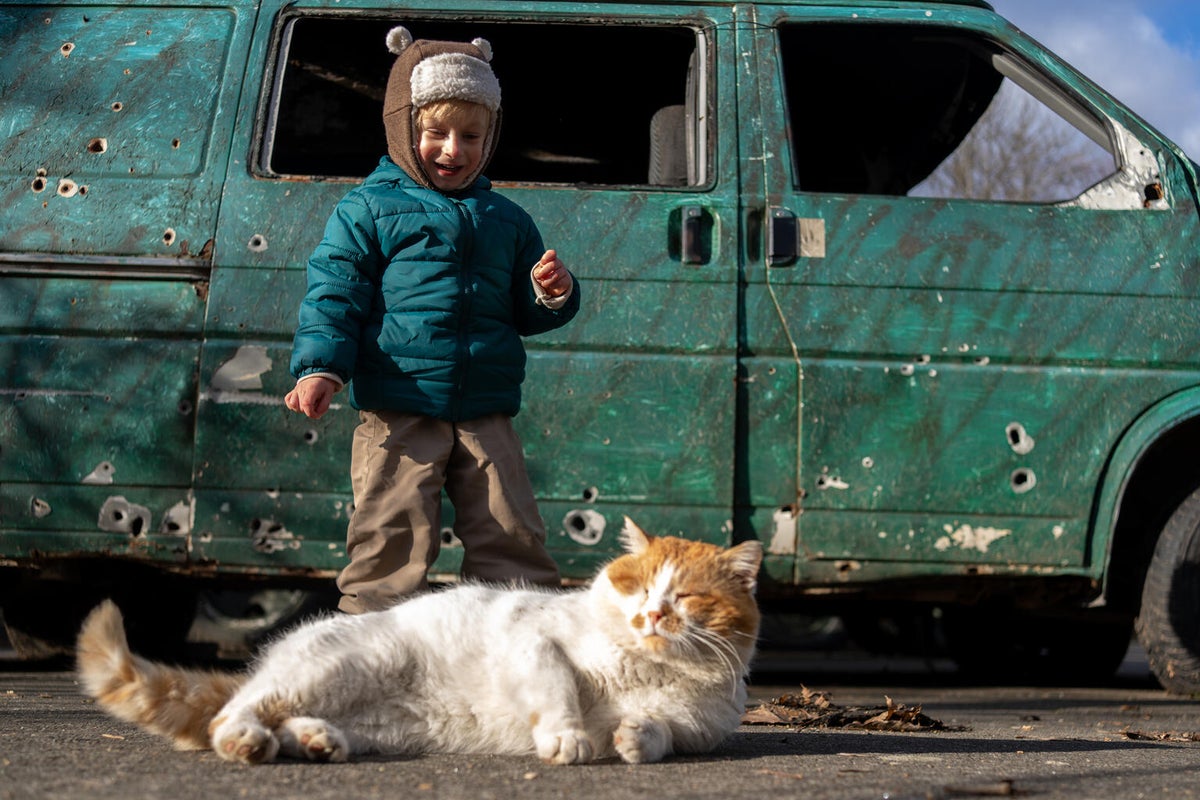
What impact is the Ukraine war having around the world?
Ukraine and Russia are major suppliers of wheat, corn, and sunflower oil. Together, they provide about 30 per cent of the world’s wheat, 20 per cent of the corn and 70 per cent of the sunflower oil. Since the war began, global food prices have gone up, especially affecting countries like Lebanon, Yemen and Egypt, that rely heavily on imports from this region.
Before the conflict escalated, Europe depended on Russian gas. Now, Europe has moved away from its reliance on Russia, sometimes turning to coal, which harms the environment, but also speeding up a shift toward cleaner energy like wind and solar. The conflict has shown how deeply connected the world is.
Is the war in Ukraine going to end?
The world wants a lasting peace in Ukraine, and although there is a lot of uncertainty right now, world leaders are continuing to push for a ceasefire, and an agreement to end the war. While many countries and international organisations are working hard to bring about peace, the situation is still very complicated. For now, the fighting continues with no clear end in sight.
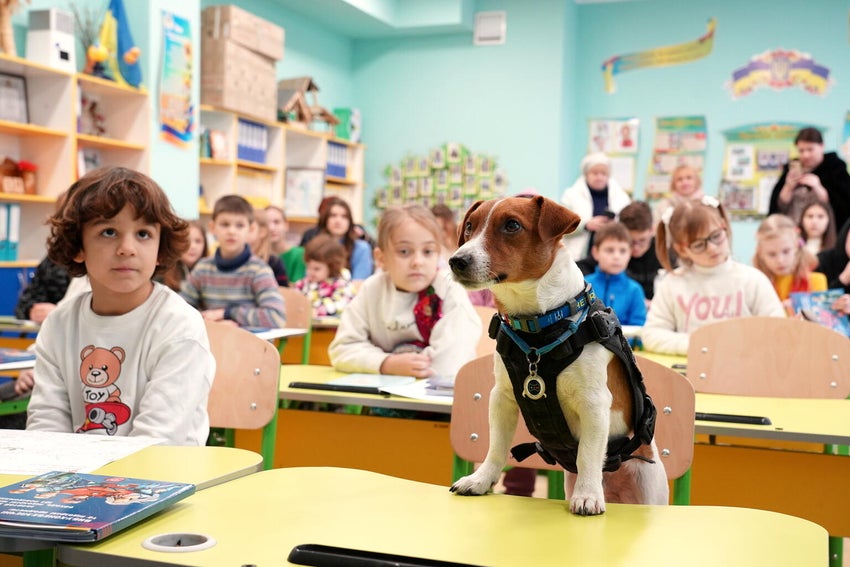
Meet Patron, a lifesaving Jack Russel Terrier
Ukraine has become littered with landmines, explosives that, when stepped on, cause major injury. Patron, the lifesaving Jack Russel Terrier, teaches Ukraine children about landmine safety.
5 things you should know about the impact of war on Ukraine’s children and young people.
Since the war in Ukraine escalated in February 2022, the lives of children and their families have been thrown into chaos.
Children in frontline areas have spent up to 5,000 hours – nearly 7 months - sheltering underground.
2.9 million children need help in Ukraine.
The war has impacted all aspects of children's lives, including their health, education and safety.
Thousands of schools have been damaged or destroyed. Disrupting education for millions of children.
1 in 3 children reported feeling so hopeless and sad that they couldn't do their usual activities.
How UNICEF is helping children in Ukraine
UNICEF has been working with local partners to reach millions of children and their families with safe drinking water, lifesaving healthcare and nutrition, access to education and learning supplies, child protection services, and mental health support. We also support Ukraine’s children and their families living in neighbouring countries to access services such as education and healthcare.

Finding a safe home in Australia
Two Ukrainian families share their stories of leaving everything behind to find safety in Australia after the war broke out.
How to deal with upsetting news
When natural disaster strikes or conflict breaks out, it is ok to feel scared, worried or sad. Adults can feel this way too. When you are feeling this way, it is important to remember:
It’s in the news because it doesn’t happen often.
- When bad things happen, it is also a time when people come together to help each other.
- If you’re feeling overwhelmed, it is ok to switch off and stop reading.
- Share how you feel and ask your parents and teachers questions.
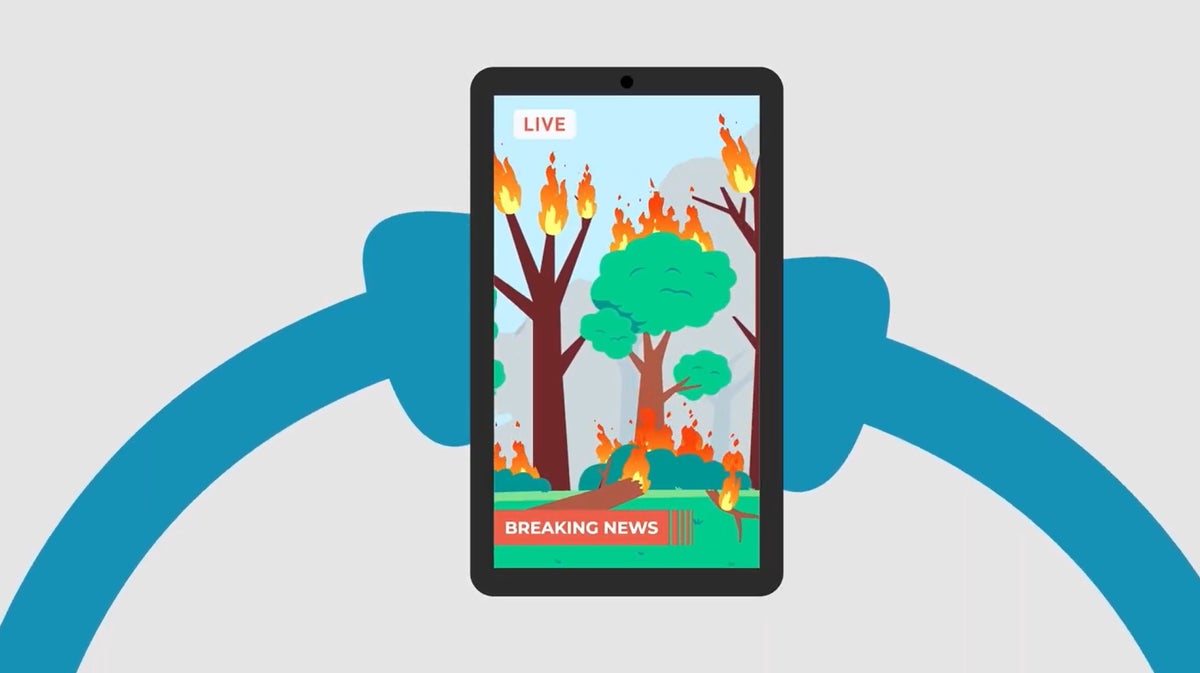
When it all feels too much, it's ok to switch off
What can you do to help?
Gather your family, friends and school and fundraise for children in Ukraine.



